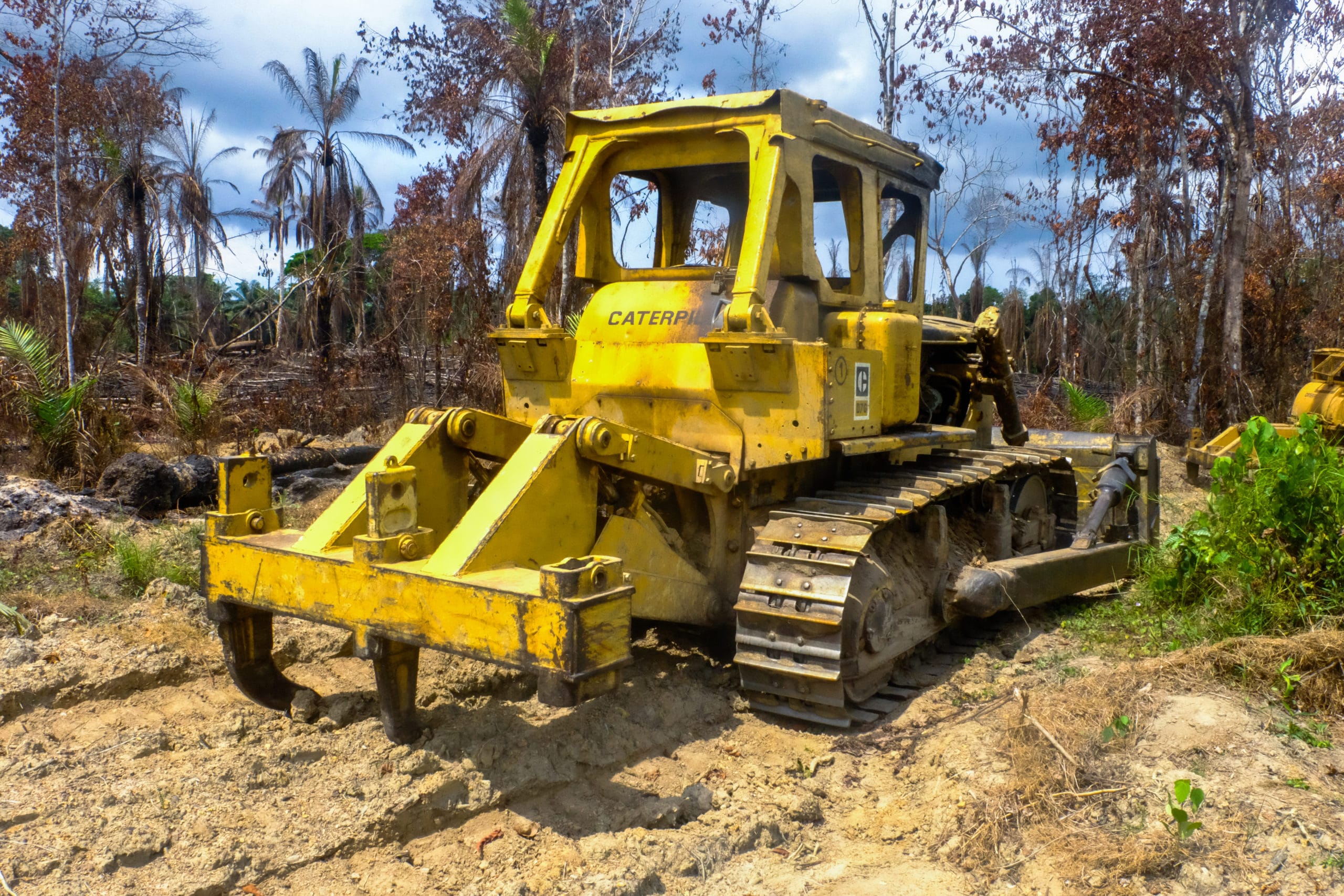- Blog
- Forests
- Land Grabbing, Forests & Finance
- BlackRock’s Climate Problem
BlackRock’s Climate Problem
by Jeff Conant, senior international forests program manager

Donate Now!
Your contribution will benefit Friends of the Earth.
Stay Informed
Thanks for your interest in Friends of the Earth. You can find information about us and get in touch the following ways:
BlackRock, the world’s largest asset manager, is holding its annual shareholder meeting this week in New York City. With $6.3 trillion in assets under management, BlackRock has a lot of financial weight to throw around – so when BlackRock CEO Larry Fink penned his annual open letter this February stating that corporations need to have a social purpose beyond short-term profit, it mattered.
How much Fink’s words lend themselves to real change, however, remains to be seen. BlackRock is the among largest financiers of climate destroying industries, including both fossil fuels and the industrial commodity crops, like palm oil, that drive widespread deforestation, as well as the banks and brands that drive demand for these commodities.
That’s why we’ve teamed up with some our closest allies in the environmental movement to send this letter to Larry Fink and BlackRock letting them know they need to put their money where their mouth is. We’ve also put together a report that goes into a little more detail about BlackRock’s Climate Problem.
A quick search shows that BlackRock owns more than $600 million in shares of the primary forest-risk commodities; on our own DeforestationFreeFunds site, you can see which of your particular BlackRock mutual funds have conflict palm oil in them. We’ve pointed this out before and have met with BlackRock to discuss their problematic investments. But it’s unclear what, if anything, BlackRock has done to address the issue – and it’s frighteningly clear that, as one of the world’s largest wealth managers, BlackRock needs to do more.
Among its tens of thousands of securities, BlackRock owns $35 million in the parent project of a company whose activities we’re tracking closely in Liberia, West Africa. The video below tells a bit of the story of Golden Veroleum, a palm oil company that’s had a devastating impact on communities in Liberia’s rainforest frontier. Together, with our partners at Friends of the Earth Liberia, we’re asking BlackRock to use it leverage to pressure this company to get better, or get out.
Further, BlackRock also owns tens of millions in the Salim Group, Posco, and dozens of other conflict palm oil companies that have been razing forests from West Africa to West Papua.
These are just a few of BlackRock’s holdings. To be fair, BlackRock is not invested in these companies because it has a particularly predatory business model. Like the other large asset managers Vanguard, Fidelity and State Street, to name a few, it has the typical predatory business model of investing in absolutely everything, to ensure its returns match the growth of the entire global economy. As one of the world’s largest money managers, BlackRock’s ability to become a force for good is constrained by its fiduciary duty to maximize profit.
But BlackRock can and should use its ownership to leverage change. When compared to other large asset managers’ votes on climate disclosures in 2017, BlackRock lagged well behind other asset managers and almost always voted against more rigorous climate action.
So while we love to see major financial firms showing signs that they care about the good of the planet, as BlackRock’s CEO did in his investor letter earlier this year, we know they need a lot of help to get out from behind the banks and tanks economy, and towards an economy built on resilience, restoration, and climate justice.
BlackRock knows it has a climate problem, as this 2016 report demonstrates. And, for starters there are a number of reasonably easy things BlackRock can do to begin phasing out climate destruction from its portfolios, which World Resources Institute has outlined here.
We have our own ideas of what BlackRock should do about the deforestation in its portfolios – including the need to establish a clear No Deforestation investment policy – which we’ve laid out here. With new investment tools that help financial analysts identify forest-related risks, there is no excuse to postpone action. With atmospheric carbon at the highest level in 3 million years is it too much to ask that long-term climate stability become part of investors’ fiduciary duty? We don’t think so. As Naomi Klein reminds us, to change everything, we need everyone. That’s why we’re asking BlackRock to phase out its financing of fossil fuels and to defund deforestation.
So Larry, when it comes to BlackRock’s social purpose, let’s see what you got.
